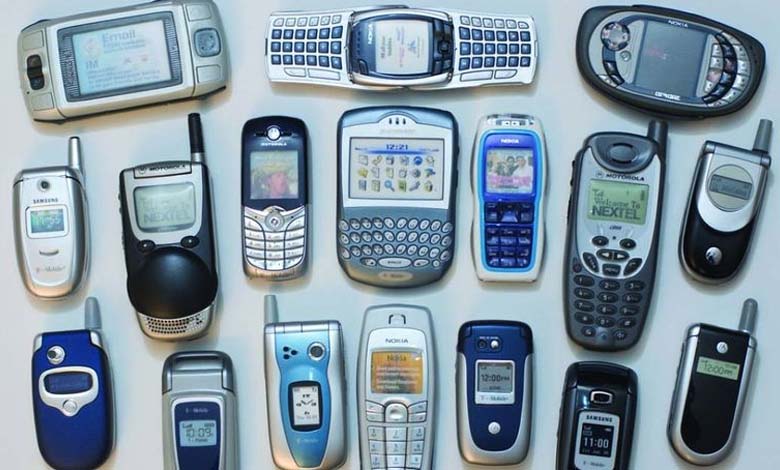Why Some Prefer the “Dumb” Phone Over the “Smart” One

The use of smartphones has become closer to a necessity in a world where more and more services and social communications rely on mobile applications, yet some people avoid using them, according to “Tech Explore” website.
The site reported that individuals who don’t use smartphones often resort to what it describes as a “dumb phone,” meaning a traditional or low-feature phone.
A new study from Altou University revealed why some people choose not to use smartphones and the consequences of this decision.
The study relied on interviews with participants who chose to give up their smartphones or who never owned one, indicating that this decision can make daily life more complicated, limit choices, and sometimes increase risks.
Professor Jean Lindkvist, head of the computer science department and a co-author of the research, said: “Dedicated dumb phones can be expensive, and some European participants requested phones from Africa that were not available on the local market,” adding: “We found that in many communities, it was necessary to come up with all sorts of tricks to make life without a smartphone successful.”
The site pointed out that all study participants came from environments where smartphones are used, and the reasons for their refusal varied. Some said they wanted to avoid distractions caused by smartphones, while others wanted to avoid online surveillance.
For parents of children below the legal age, the main reasons for giving up smartphones were the desire to keep their children away from social media and avoid the temptation of smartphones that cut into time with their kids, while some participants had religious principles behind this choice, according to the site.
Refusing to use a smartphone has led to all sorts of hassles in people’s daily lives, from the difficulty of finding a powerful “dumb phone,” to the challenge of making purchases and managing two-factor authentication, as well as meeting employers’ expectations to contact employees outside of working hours or location. In practice, living without a smartphone requires either technical knowledge or flexibility in interactions with friends and family.












